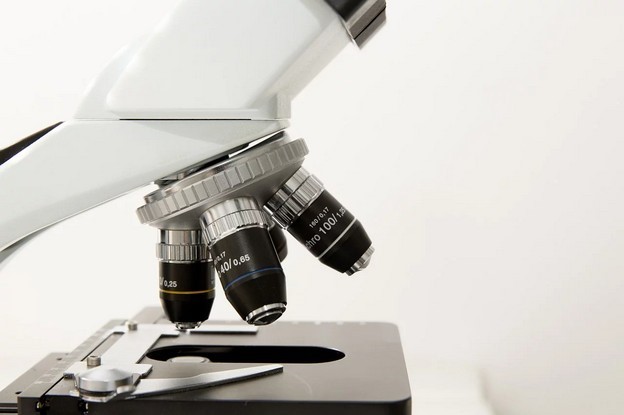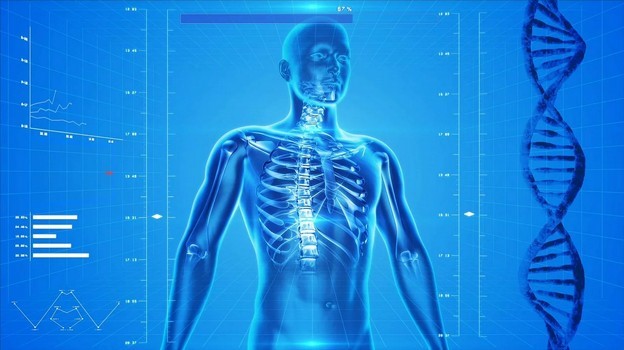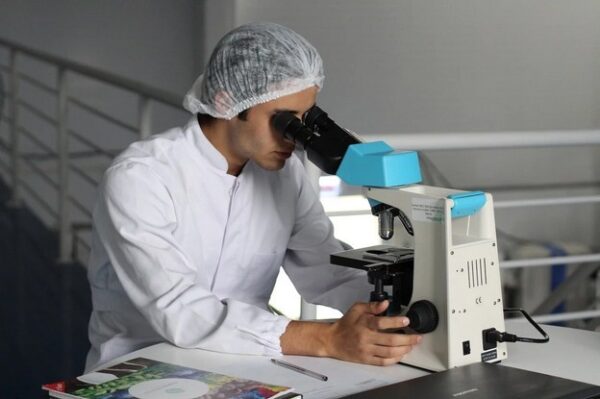Artificial intelligence in Medicine. The term sounds like it was taken out of a science fiction story – and until not too long ago, it indeed belonged to one. Unlike the sci-fi trope, though, real-life AI is not a sentient being with a positronic brain or a malicious program hiding out on the server farms powering the internet – instead, it’s a collection of algorithms capable of handling large quantities of data automatically, drawing conclusions from it, and acting on it without human assistance. We are still far away from Skynet and HAL-9000 (which can be reassuring, by the way) but we are taking baby steps toward the Asimovian view of the future where AI – and robots – become a helping hand for humanity.
AI can be helpful in many areas – and medicine is one of them. Among the latest AI innovations today, you’ll find quite a few that are meant to be used in healthcare, making the jobs of doctors and nurses easier – and providing us, humans, with the best care possible.
Diagnostic AI
If there is anything eight seasons of “House MD” have taught us, it’s that diagnosing a medical condition can be tricky – diseases can be sneaky at times, after all. It takes years of medical training for a doctor to be able to correctly diagnose a condition – and even then, the process is often time-consuming and arduous.
Artificial intelligence in Medicine can make it faster and easier. A machine learning algorithm fed an extensive library of examples can see the same patterns a medical professional would, only faster, cheaper, and more accessible.
Before you start to worry, AI will not replace doctors anytime soon. In turn, it will become an important help in pointing out patterns that the doctors will then interpret.
Developing new drugs
Not long ago, an AI discovered a new, powerful antibiotic capable of handling even the world’s nastiest bacteria. This is not only an important victory in humanity’s ongoing fight against resistant bacteria but a major step for AI.

Developing new drugs is a long, strenuous process that takes a lot of time, costs a lot of money, and involves the analysis of huge piles of data. A machine learning algorithm can make it easier, faster, and most importantly cheaper. AI has already been used in processes like discovering drug candidates and speeding up clinical trials, among others. In the future, its role in drug development will most likely grow.
Helping with gene editing
Our DNA is a massive collection of information that we just learned to “read” a few decades ago. In time, gene editing methods have become more precise and more accessible – today, CRISPR and similar methods have brought gene editing within the reach of pretty much every professional in this field. But selecting the RNA with the least dangerous side effects is a major bottleneck in this field – using AI, in turn, can make this process faster and more precise.

The visions about AI taking over the world and trying to dominate or destroy humanity is a beloved science fiction trope – the reality, in turn, couldn’t be more different: AI will be of invaluable service to us, humans, in the near future.




